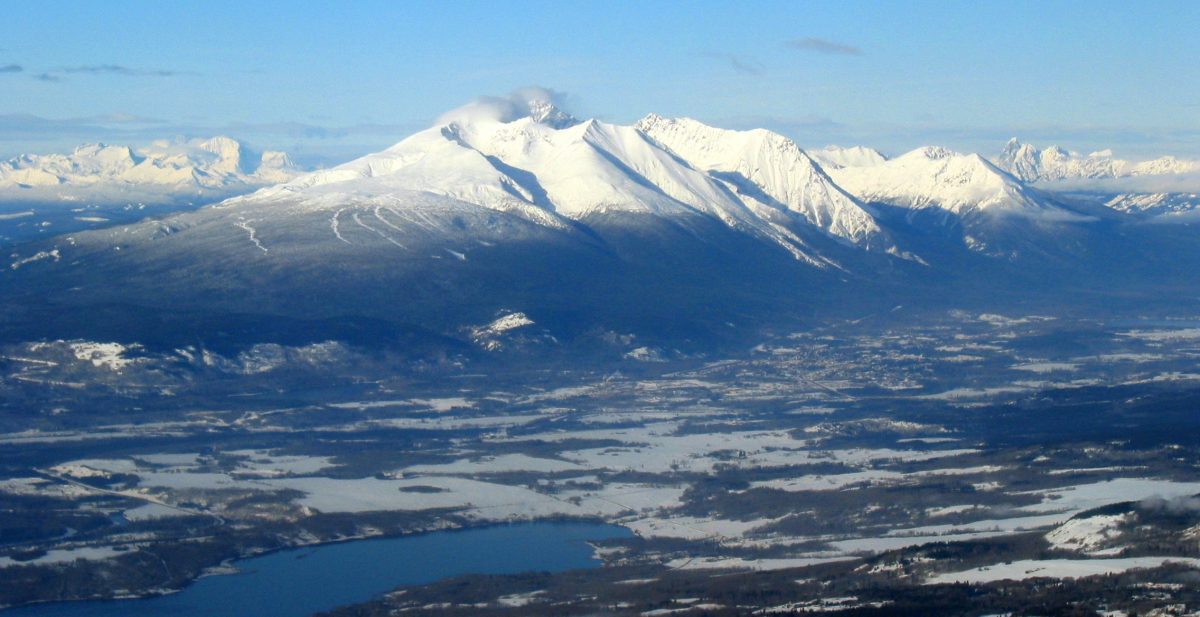On the river as a kid, my dad told me a story about fur traders in British Columbia. The journeys that traders made blew me away. I lived right in the middle of that landscape and I had experienced the rivers that those men had made in nothing but carved out canoes. Since then, I have been an admirer of this time period, which is why I jumped at the opportunity to take this course.
How we know what we think we know about history
From the very first assignment in this course which was a reading log on Belshaw’s textbook, I have looked at history differently. That first reading had more impact on me than any reading since. It really made me think about the steps that historians go through when analyzing sources. He wrote that there is no reason to learn history unless there is credible proof, reliability, and verification behind an author’s theory. This deep analysis, provokes thinking about “how we know what we know about history.”
Reading Log 3
The third log enforced my new view of historical thinking. Holly’s article said that for a long time it was popular belief that the Beothuk had been slaughtered and never put up a fight. But she wrote something completely different- that the Beothuk were active players in their own destiny. This is an example of how history is always changing.
Reading Log 6
The sixth log changed my view of a lot of things. I always held Canada in higher regard than the USA due to slavery in America. However, this article makes it clear that Canada was very much a participant in slavery. It is something I have never heard about, and I think it would be a necessary addition to the high school curriculum.
Reading Log 7
Reading log 7 affected how I saw history as well. I visited Barkerville with my family when I was nine or ten, but I didn’t grasp the importance of that site when I was there. All I remember is fake gold panning and the candy shop. Now that I have read about the actual history, I want to go experience it again. Either way, it is amazing to now read scholarly articles about something I got to experience first hand. History is all around us.
Simon Fraser
A name I have heard many times: Simon Fraser. I have driven through the Fraser Valley, fished on the Fraser River, and even considered attending Simon Fraser University. Despite all this, I didn’t know how significant his contribution was to the exploration of British Columbia. He and his men were the first Europeans to explore the area around my hometown. That made my document analysis my favorite assignment I did all semester, in any course. “The letters and journals of Simon Fraser” was the primary source I used. Seeing Fraser’s writing about Fort Fraser and Fort St. James (communities only a few hundred kilometers from home), made me take a step back and see how incredible Fraser’s accomplishments were. I couldn’t imagine living as a pioneer in that environment. The fact that he and his men relied only on their own tools and strength to survive those winters is truly a testament to human toughness. I love my home, and this assignment made me appreciate it that much more.
Reading Log 9
Who says “Canada”, and thinks of duelling? Absolutely nobody. This reading log entertained me as much as it educated me. A big reason I enjoyed this course so much, was because of the outside the box information we were given. At least 80% of the material was brand new to me and that is very special. It’s hard to believe how little I knew about pre-confederation Canada, and how much I undoubtedly still don’t know, despite this course. I had no idea duelling was still a thing during this era, but I’m glad it was included in this course.
Final Assignment
From the first moment Tracy told us our final assignment, I knew exactly what mine was going to be on. My life in Northern British Columbia has always included the outdoors. I love hiking, fishing, and finding new places. My dad went to Fort St. James over 10 years ago as a chaperone for my sister’s grade 4 class. He came back with stories about the journeys that the fur traders made. Even as a seven or eight year old, these stories blew me away. How could men in canoes travel hundreds of kilometers on the Skeena river? How could they portage hundreds of pounds of furs over large stretches of land? Needless to say, the stories stuck with me ever since. I will undoubtedly tell my kids the stories when I’m older. So the second I had a choice of what to study, my mind jumped to the fur traders of Northern BC. I was amazed about how much new information I found. I had obviously considered myself an expert, but the detail I found in Fraser’s journals, and the other articles blew me away. I was amazed by how accurately the articles could write about this era. I’m glad it’s a well documented era, because it is truly the origination of my homeland, which I love more than anything. I have traveled many places, including California, Europe, and Hawaii. Despite the beauty in these places, I wouldn’t trade my home for anything. I was very thankful for the opportunity to learn about how it came to be.
Conclusion
This course was amazing. From the readings, to the group discussion, to the final assignment… I enjoyed it all. It gave me a real opportunity to learn about things that actually interested me; something that can’t be said for most classes. A big part of what made it special was the new look it provided on what history is, and how we do it.
